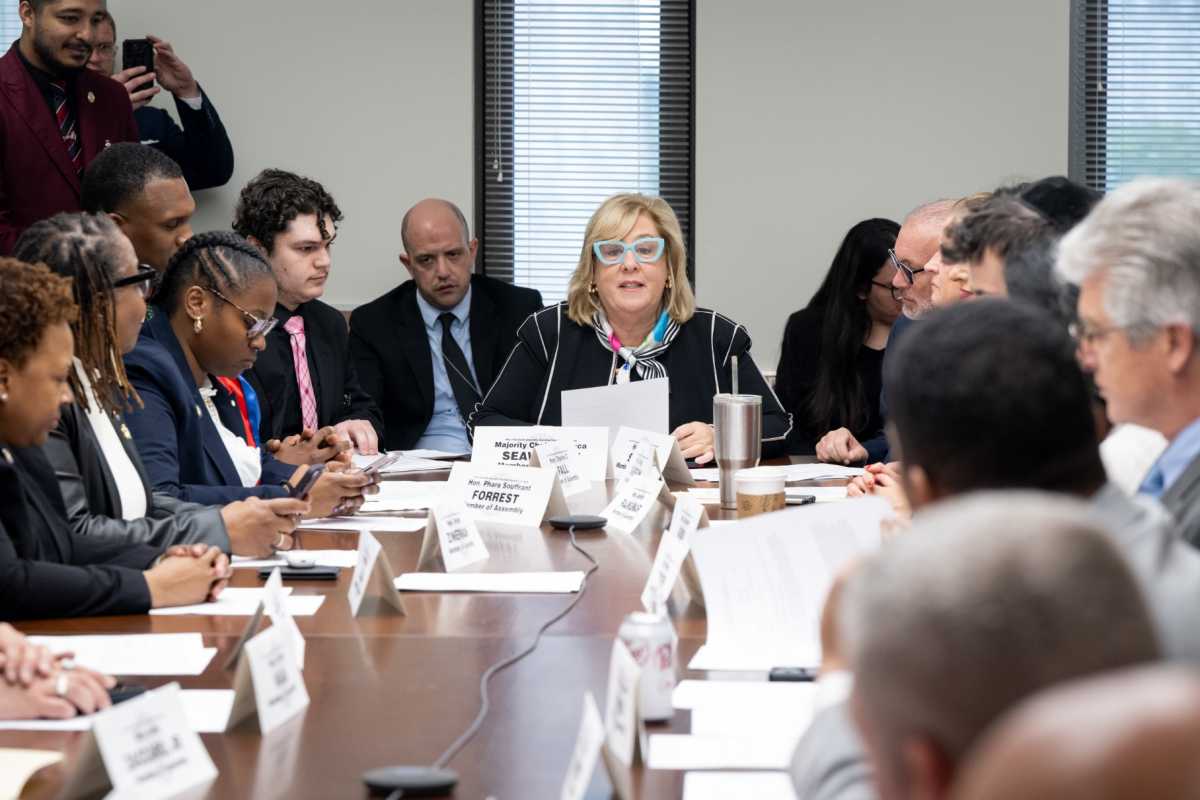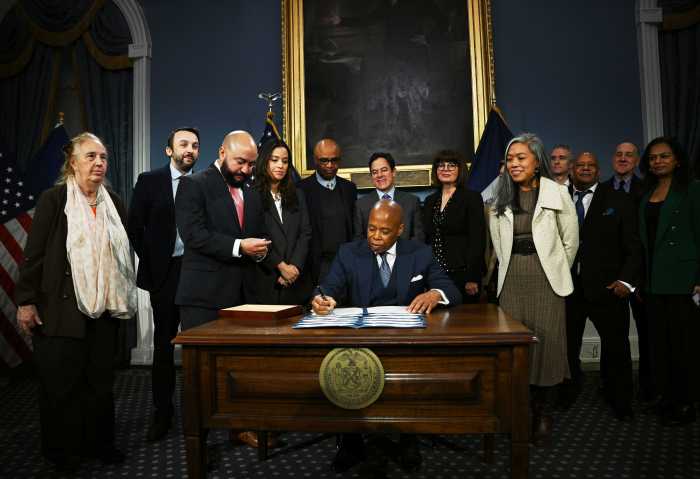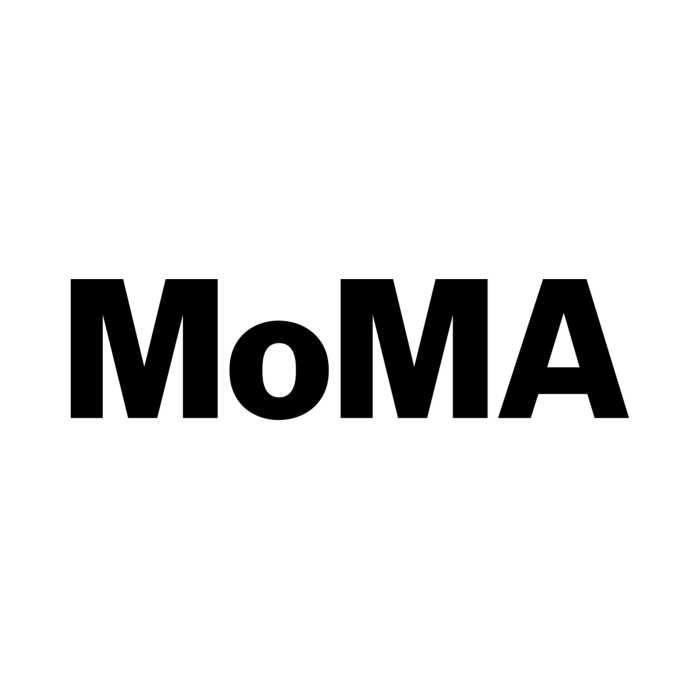The New York State Assembly took major strides to enhance care and services for older adults with the unanimous passage of several key bills championed by Assembly Member Rebecca A. Seawright, Chair of the Assembly Aging Committee.
The legislative package is aimed at improving quality of life, reducing costs, and bolstering the care infrastructure for nearly five million older New Yorkers.
Central to the legislative victories is the reauthorization of the state’s Long-Term Care Ombudsman Program (LTCOP), which plays a critical role in protecting residents of long-term care facilities. The program addresses issues faced by residents and seeks systemic improvements in care and living conditions across such facilities.
“As Committee Chair, I am pleased that my colleagues and I have today secured further advancements for the health and quality of life of aging New Yorkers, as well as increased efficiencies and taxpayer cost savings,” said Assembly Member Seawright, who chairs the Assembly’s Aging Committee. The Aging Committee oversees legislation and agencies affecting New York’s nearly 5 million older adults’ quality of life and independence. This includes 60,000 New Yorkers over 65 in her district, the largest concentration in Manhattan.
One of the most significant measures passed, Assembly Bill 7907, expands access to the Expanded In-Home Services for the Elderly Program (EISEP). The bill removes the longstanding requirement for a physician’s prescription to access non-medical services such as in-home care, respite care, and ancillary support, thereby simplifying access and helping older adults remain in their homes longer. The legislation also lifts burdensome cost-sharing analysis requirements for Area Agencies on Aging (AAAs), allowing these agencies to allocate resources more effectively and focus on direct service delivery.
Another key component of the legislative package, Assembly Bill 8090, mandates the State Department of Health to compile a comprehensive report on the utilization of the Elderly Pharmaceutical Insurance Coverage (EPIC) program from 2022 to 2026. The analysis will include detailed demographic and benefit data to assess program trends, cost containment efforts, and projected needs through 2028. EPIC currently supports over 325,000 income-eligible seniors aged 65 and over in affording prescription medications.
Together, these legislative measures aim to fortify the systems supporting older New Yorkers, ensuring both greater autonomy and improved service coordination, while providing lawmakers with essential data to drive future policy decisions.






































